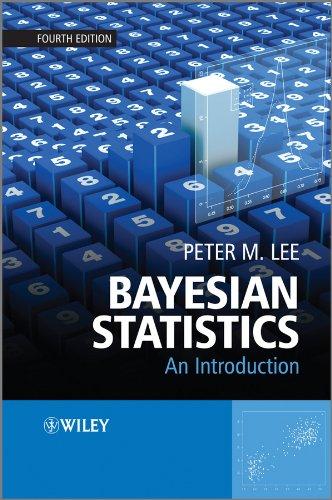At the beginning of Section 4.5, we saw that under the alternative hypothesis that ~ N(,)
Question:
At the beginning of Section 4.5, we saw that under the alternative hypothesis that θ ~ N(θ,ψ) the predictive density for X̅ was N(θ0, ψ + ϕ), so that
![P(x) = {2(y +)} exp[-(x 00)/(y + p)].](https://dsd5zvtm8ll6.cloudfront.net/images/question_images/1700/9/3/7/7836562403754b9b1700937776800.jpg)
Show that a maximum of this density considered as a function of ψ occurs when ψ = (z2 - 1)ϕ, which gives a possible value for ψ if z ≥ 1. Hence, show that if z ≥ 1 then for any such alternative hypothesis, the Bayes factor satisfies

and deduce a bound for p0 (depending on the value of π0).
Fantastic news! We've Found the answer you've been seeking!
Step by Step Answer:
Related Book For 

Question Posted:





